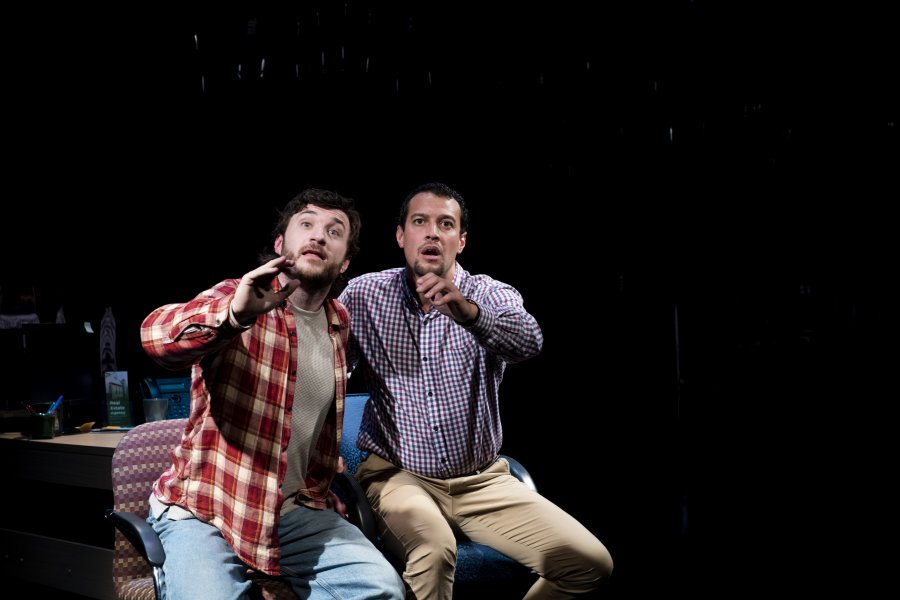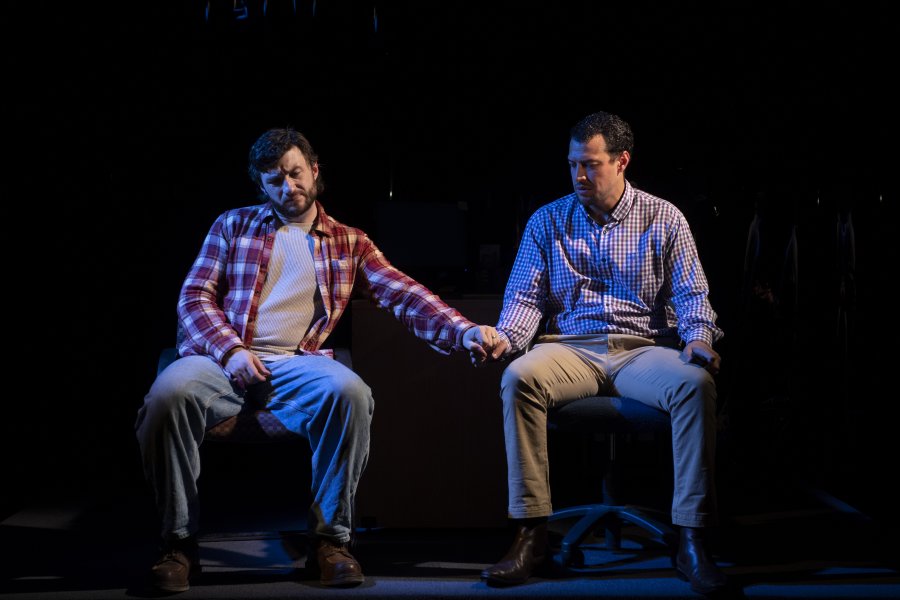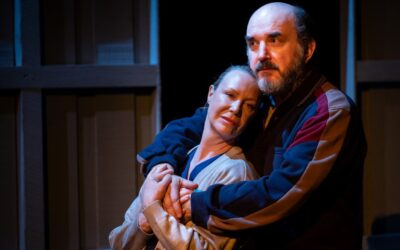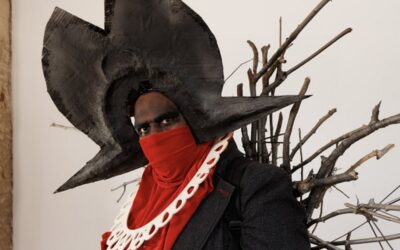By Darby Turnbull
The newest generation of Western plays; where the promises of opportunity, bounty, freedom under a capitalist construct haven’t just been broken but shattered repeatedly; have a very complex relationship with hope. The playwright as both omnipresent creator of their dramatic universe, or God, and chronicler of the world around them must both be truthful to their own vision but also make a decision about how the audience leaves based on the conclusions they have drawn, usually somewhere between hope and despair.
Samuel D. Hunter’s A case for the existence of God explores the consequences of a vanishing middle class where the aspirations for a home of your own, a family; biological or found are almost always dependent on the whims of a faceless bureaucracy and your ability to secure a loan and meet the interest. At its best Hunter’s text is a blistering embodiment of the ways a persons’ rights, dignity, privacy, hope and freedom is sacrificed at the altar of an absurdly complicated (and rigged) system that serves only to exploit and sets people up for failure. It’s a Sisyphean task especially for those living paycheck to paycheck.
Ryan, a white, straight, factory worker and Keith, a black, gay mortgage broker are both single fathers; Ryan sharing custody with his ex-wife and Keith in the process of adopting his foster daughter meet and form a deep, spiritual connection over their shared sadness and hopes for the future represented by their daughters.
It’s a beautiful, and oft under explored depiction of male friendship not built on the foundations of sex or violence. Hunter explores some refreshing new avenues for this connection; the two men are open, honest and supportive of each other, they’re both active listeners, frequently gentle with the space they hold, and the main sources of conflict are external. Hunter seems very determined to depict an intentional, intimate connection forged across class, race and sexuality especially when divisions across identities are particularly stark. He doesn’t ignore the inevitable tensions that their individual histories would evoke but he chooses not to linger. Keith, for example has a few moments where his (valid) insecurities about his place as a queer and black man in a straight, white man’s life but they’re quickly resolved (often offstage). Whether that’s satisfying for an audience is up to interpretation. Hunter navigates a lot in an economical 75 minutes and further exploration into this dynamic are more finite threads in his rich tapestry. Dialogue wise he seems more comfortable in Keith’s voice than Ryan’s; both are sensitive and articulate (in different ways); Keith is more verbose and expresses himself with more erudition which Hunter clearly has an ear for whereas Ryan’s speech patterns could use more insight, his self-expression can sometimes feel less organic to his character and more about dramatic necessity.
As usual Red Stitch has assembled a stellar team to bring this text to life. Actors Darcy Kent and Kevin Hofbauer are particularly combustible performers, and their presence together is truly spellbinding. They’re both performers with tremendous energy which transfers to the audience who feel a vicarious rush with their mastery of pace. Especially for a play that requires them to remain somewhat stagnant; most of it takes place in an office cubicle; they and director Gary Abrahams keep things in sparkling motion.

Hofbauer, is someone I’ve seen excel in supporting roles (incidentally the last time in a play about the struggles of queer adoption) and this is my first time seeing him as a lead. He’s an intense, commanding presence particularly skilled at portraying wounded people at the cusp of fight or flight; in my experience I’ve seen that energy utilized in hyper masculine roles and seeing it transfer is utterly entrancing. As soon as the lights go up you immediately see the depths of his empathy and there’s never a moment where he’s not giving you some new detail through his physical vocabulary or emotional connection to the character. Watching this gentle soul gradually become increasingly wounded whilst also blossoming with this new friendship. As an audience member it’s tremendously exciting to be in the presence of an actor who you believe can take you anywhere and you trust him to.
The chameleonic Kent meets Hofbauer beat for beat. I never fail to be in awe of his playfulness and vigorous elation Kent displays as an actor. His discipline and magnetism are undeniable, but I was reminded in this performance of just how much humour he can find to counter his characters rapid disillusionment and near surrender to despair. There’s an essential tenderness in his portrayal that allows your heart to break alongside him. Given Ryan’s demographic, an underemployed man in Middle America whose life has handed him a heap of trauma and disappointment you could see how easily he could be radicalized by Far-Right fascism. It’s to Hunter’s credit that he offers this character another avenue; inspired by the theological resonances of the piece the audience is genuinely invested in the preservation of this man’s soul even as the matter surrounding it is chipped away. The character has a particularly worthy vessel in Kent who really allows us to see him.
The performances are so well equipped to bring out the devastation of the text, especially since Hunter, thankfully doesn’t pull any punches when it comes to portraying the inevitable cruelties the system will inflict on both these men whilst valorising the grace that their connection brings them both. It’s refreshing to not show romantic love as the apex of human relationships; sometimes your person or ‘soulmate’ can be a friend.
They almost do their job too well and I’m conflicted about Hunter’s decision not to allow the text to sit in the bleakness with the ending, which I won’t spoil here but ultimately makes a case for hope; I think for me I need more exploration into what hope means in the context of this play, as it stands it feels like he doesn’t want the audience to leave on a bum note.
Gary Abrahams has crafted a gorgeous production that relishes the symbolic potential of the text; Jeremy Pryles inspired Set design evokes a raft in the middle of the sea; they truly embrace the profundity of a small playing space with fluid and meaningful stage magic. Sidney Younger’s lighting brings out the beauty in the banal during the office scenes contrasted with some non-naturalistic missenscene that profoundly illuminate the actor’s features. Likewise, Rachel Lewindon’s score, and sound design evoke a metaphysical world much bigger than the constrained world the men inhabit.
Red Stitch’s latest production once again affirms their place as the home of some of the most intelligent and soulful presentation of Western theatre and with the announcement of Who’s afraid of Virginia Woolf’s transfer to the Comedy theatre I hope more of their productions get considered for the main stage.
Images:: Jodie Hutchinson





